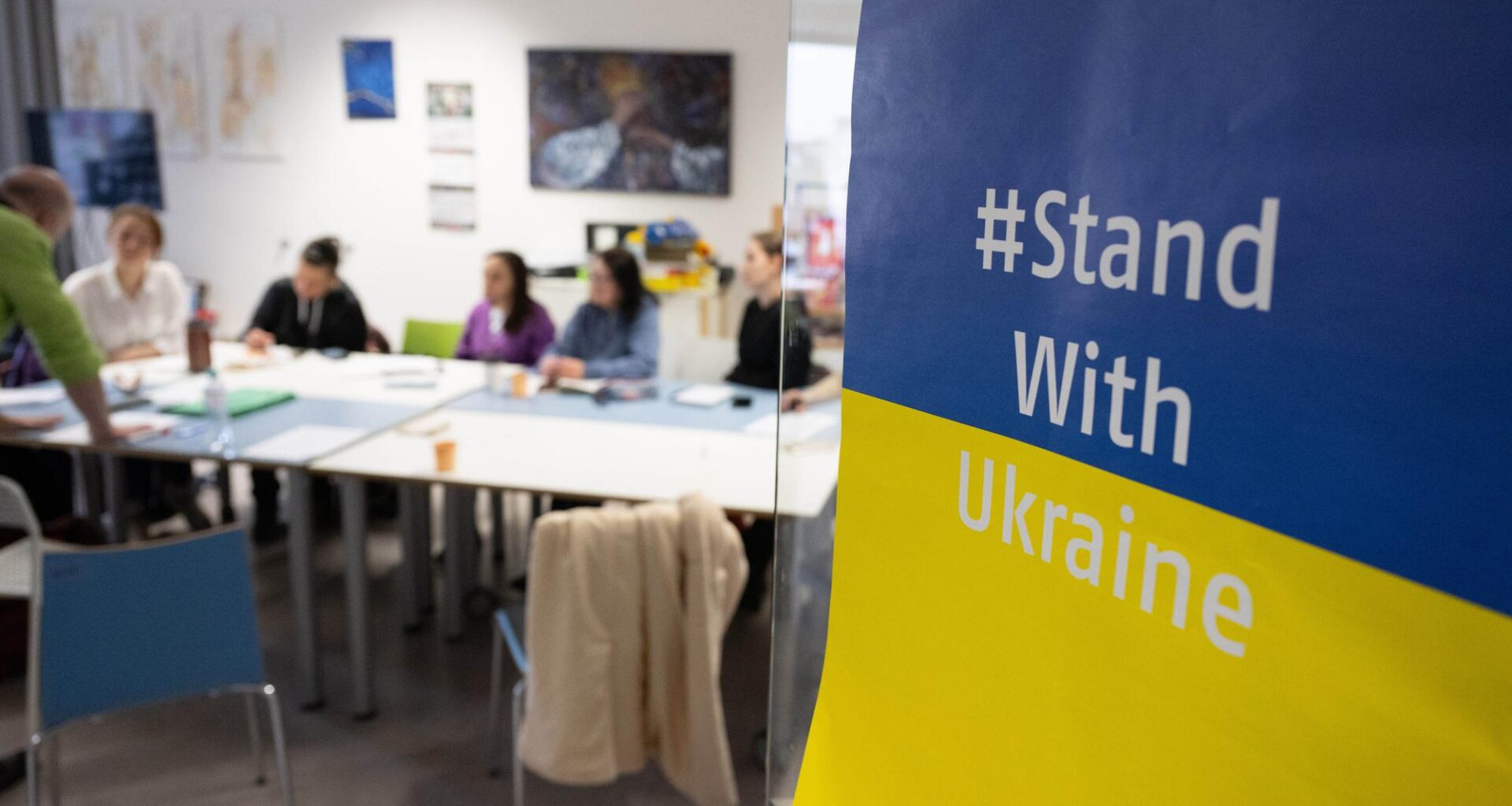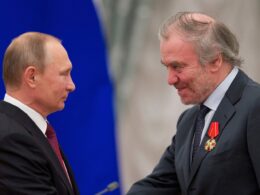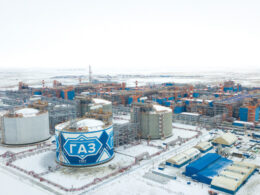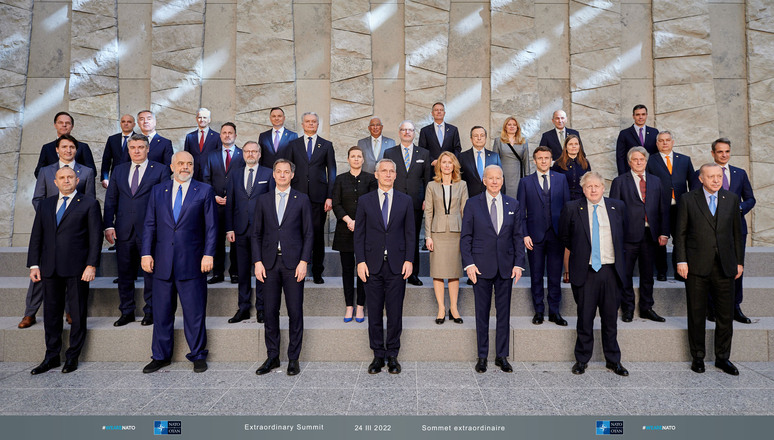After Russia launched its full-scale invasion of Ukraine on 24 February 2022, millions of Ukrainians found refuge in the European Union, with Germany and Poland alone taking in about one million refugees each.
But this was always meant to be a temporary solution. The protracted war of attrition that is now underway in Ukraine demands a different approach.
The answer is not greater integration into host countries. Ukrainians are already integrating in Germany and elsewhere, but as Ukrainian President Volodymyr Zelensky has repeatedly emphasized, Ukraine needs its people back both to contribute to the war effort and to ensure that the country’s population does not plummet – bringing the economy’s prospects down with it.
Already, many Ukrainian businesses report that labor shortages are a key factor limiting their activities, and the Ukrainian population is set to decline sharply – from more than 40 million before the war to approximately 31 million in 2035, according to one projection.
The only way to offset this decline is to convince more Ukrainian refugees to return home. That will not be easy: polls show that they are deterred by uncertainty over security, housing, and employment. Fortunately, these issues can be addressed even in the current difficult conditions.
Concerns about security and housing are tightly intertwined. As of January 2024, more than 8.6% of Ukraine’s pre-war housing stock had been damaged or destroyed, mainly in the eastern part of the country. A massive influx of internally displaced persons drove up housing prices in western Ukraine, where there has been relatively little destruction. But even in the West, housing in smaller towns remains broadly affordable, and there are vacant homes that could house returnees.
The German federal government currently spends about €9-10 billion ($9.8-10.9 billion) annually to support Ukrainian refugees, with subnational authorities also making considerable outlays. All this spending covers refugees’ basic needs, as well as German-language courses to support integration, but does not seem to lead to employment.
In fact, official data suggest that, of the 743,000 working-age Ukrainian citizens currently living in Germany (out of a total of 1.3 million), some 135,000 have “normal” jobs (which include social-security payments) and another 40,000 have so-called mini-jobs. That is about a 20% employment rate.
Employment rates are higher in EU countries with less generous social-security systems, suggesting that their labor supply is sensitive to incentives.
If designed well, EU-funded re-entry programs would not only enable more Ukrainians to return, thereby strengthening the labor market in their home country but also encourage European enterprises to invest in Ukraine’s more stable areas, laying the groundwork for a strong post-war recovery.
EU-funded re-entry programs for Ukrainian refugees would not only strengthen Ukraine's labor market but facilitate the post-war recovery.
European—especially German—firms have shown some appetite for such investment. The German cable manufacturer Leoni employed more than 7,000 workers in western Ukraine before the war. In 2023, the pharmaceutical and biomedical company Bayer committed to investing €60 million in Pochuiky, Ukraine. For now, however, war risks and the lack of qualified German-speaking personnel are hampering further investment.
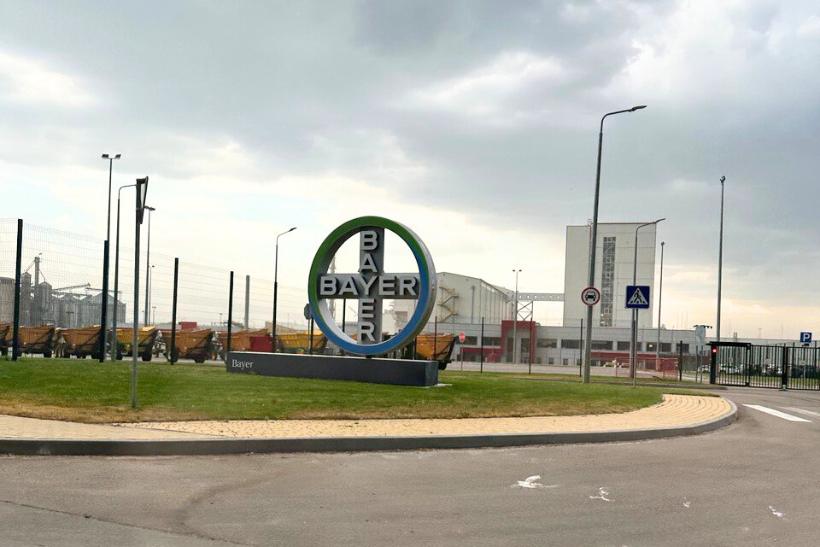
Both of these factors can be mitigated. The logic of war favors production that is either organized in fortified clusters (best for large-scale production) or decentralized (better suited for small and medium-sized enterprises or SMEs).
To alleviate war risks further, some form of insurance can be provided by either German or EU institutions, such as KfW (a German state-owned investment and development bank) or the European Investment Bank. Such schemes could be packaged with relocation aid and financing for on-the-job training – including necessary language courses – for Ukrainian refugees willing to work at newly established European factories in western Ukraine.
Linking relocation to employment would ensure that returnees do not constitute a burden on Ukraine’s already-strained public finances.
This program would provide longer-term benefits for Ukraine. Historically, western Ukraine was less developed than other parts of the country. However, Ukraine’s center of economic gravity has lately been shifting westward, partly because most of the heavy industry in the east has been destroyed, but also because of its proximity to the EU.
Ensuring that western Ukraine has a strong labor force and receives plenty of European investment, especially in SMEs, would set the stage for Ukraine’s integration into the European economy.
Such an effort would also lay the groundwork for a more resilient development model. As the rise of Italy’s Veneto region after World War II showed, a strong, globally integrated SME sector can lead to greater resilience to economic shocks.
Beginning the process of rebuilding Ukraine’s manufacturing sector now – rather than after the war ends – would both strengthen the country’s capacity to resist Russian aggression and support its economic recovery and integration into the EU.
The first step is to ensure that the Ukrainians who are currently taking refuge in the EU have the resources and incentives they need to return home.
Copyright: Project Syndicate. This article was first published by Project Syndicate and has been republished by Euromaidan Press with permission.
Editor's note. The opinions expressed in our Opinion section belong to their authors. Euromaidan Press' editorial team may or may not share them.
Submit an opinion to Euromaidan Press
Related:
- EU Council extends protection for Ukrainian refugees until 2026
- Will Ukrainian refugees go back? It depends
- Czechia to pay one-time travel grant for Ukrainian refugees’ return home
- Ukrainian refugees: blow to Ukraine’s demography, godsend for the EU
- Ukrainian refugees’ plans to return home drop as Russian war continues
- Ukraine could lose $113 billion if refugees don’t come back

